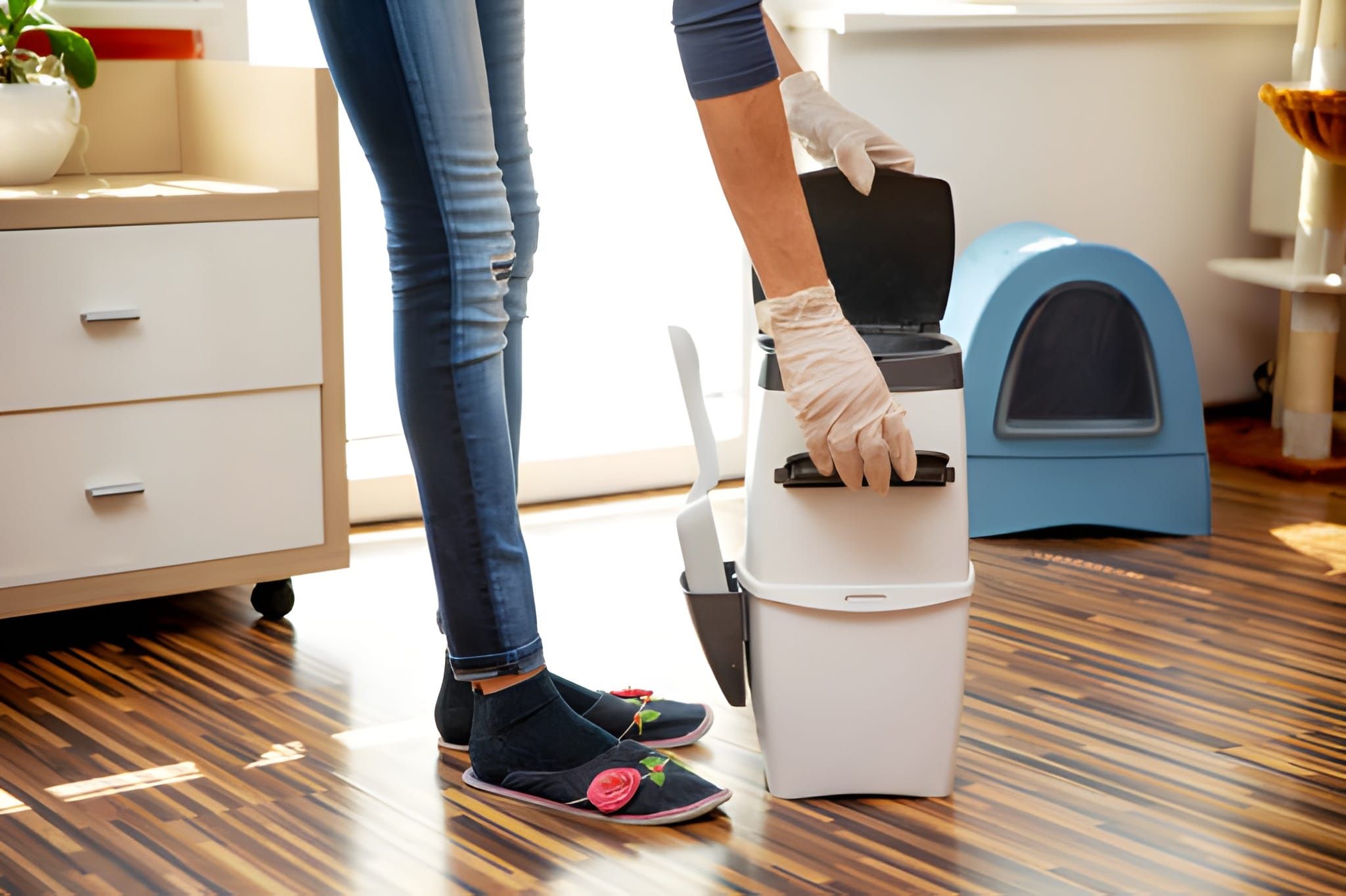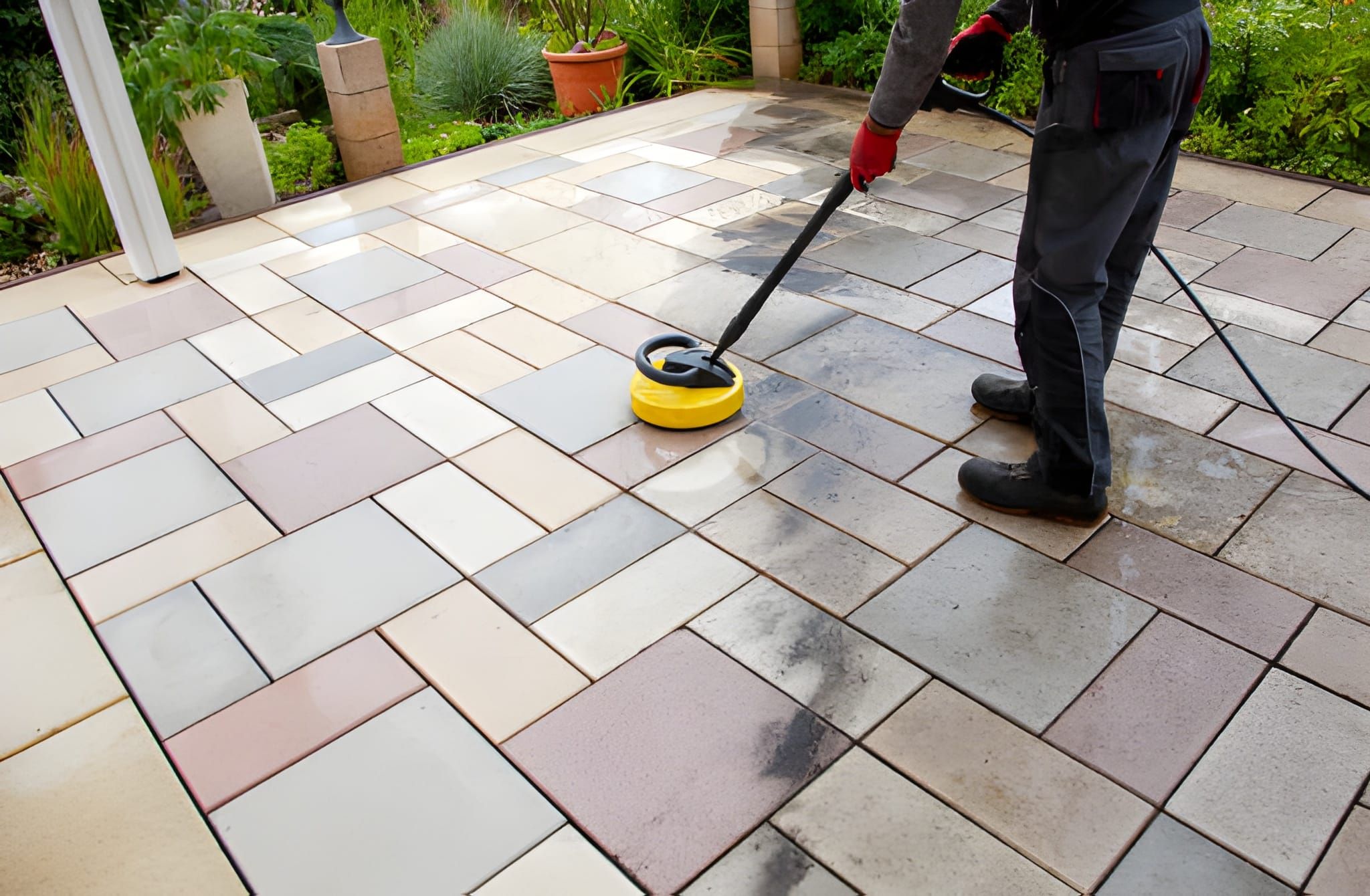
The Hidden Dangers of Pet Urine: Why Quick Removal Matters
It’s a situation every pet owner dreads: you come home to an unpleasant surprise on the carpet. That seemingly harmless puddle isn’t just smelly, it can pose serious threats to your home and health. Ignoring it may lead to persistent carpet odor removal challenges, the spread of pet stain bacteria, and even structural concerns.
Understanding the health risks of pet urine and the long-term implications of delayed cleaning empowers homeowners to act swiftly, protecting both their living space and loved ones.
Understanding the Components of Pet Urine
Pet urine contains a mix of salts, urea, ammonia, and bacteria. While the smell may seem like the main concern, the chemical and microbial content can slowly wreak havoc.
Pet urine seeps into fibers, grout, and wood surfaces, creating a lingering problem if not addressed promptly. Quick action helps reduce odor and prevents bacteria from multiplying.
- Ammonia irritates the lungs and can trigger asthma or allergies.
- Salts can discolor fabrics and damage flooring over time.
- Bacteria create stubborn odors that standard cleaning often fails to remove.
Knowing what’s in pet urine highlights why prompt intervention is crucial.
Health Risks of Pet Urine
The health risks of pet urine go beyond minor discomfort. Pets may carry bacteria that contaminate the affected area, posing risks to both humans and other animals. Young children, elderly individuals, and those with respiratory issues are especially vulnerable.
Urine left untreated can cause:
- Respiratory irritation and exacerbated asthma symptoms.
- Skin infections from contact with contaminated surfaces.
- Allergic reactions triggered by lingering ammonia fumes.
Ignoring these dangers is tempting but can result in serious, avoidable health consequences.
Damage to Home Interiors
Pet urine doesn’t just smell bad, it can cause long-term damage from pet accidents if untreated. Carpets, hardwood, and furniture can absorb the liquid, making it harder to clean later.
- Wooden floors may warp or discolor due to moisture and salts.
- Upholstery fabrics can develop permanent stains.
- Lingering odors may affect resale value or home comfort.
Prompt removal reduces the risk of permanent damage and maintains a healthy environment.
Carpet Odor Removal Techniques
Eliminating odor requires more than surface cleaning. Carpet odor removal needs strategies that reach deep into fibers and padding.
DIY approaches:
- Use baking soda and vinegar for light stains.
- Steam cleaning can lift minor odors and bacteria.
Professional urine cleaning is often more effective, especially for persistent smells.
- Industrial-grade enzymatic cleaners penetrate deep fibers.
- Professionals neutralize odor-causing bacteria, not just mask smells.
- Complete drying prevents mold and mildew development.
Combining immediate DIY steps with professional cleaning ensures your home stays fresh and safe.
The Role of Pet Stain Bacteria
Pet stain bacteria is a hidden culprit behind odors and health issues. Even small urine spots can breed bacteria that multiply quickly in carpets or upholstery.
- Bacteria can trigger allergic reactions and respiratory problems.
- They make stains harder to remove over time.
- Left untreated, bacteria can produce ammonia and other harmful compounds.
Understanding the biological side of urine highlights the importance of swift intervention.
Preventing Future Pet Urine Issues
Prevention reduces recurring cleaning headaches and potential health risks. Proactive measures help maintain both hygiene and property.
- Train pets to use designated areas or litter boxes.
- Protect high-traffic areas with washable rugs or mats.
- Consider sealing hardwood floors to prevent urine penetration.
These steps make future accidents easier to manage and reduce damage.
Frequently Asked Questions
How quickly should I clean pet urine?
Immediate cleanup is best to prevent odor and bacterial growth.
Can I remove deep-set urine myself?
Minor surface stains can be treated DIY, but deep stains often require professional cleaning.
Does pet urine cause permanent damage to hardwood?
Yes, untreated urine can warp, stain, or discolor wood over time.
Are enzymatic cleaners really effective?
Yes, they break down urine components and neutralize odors at the source.
Can bacteria from urine make my family sick?
Exposure may lead to respiratory irritation, skin infections, and allergic reactions.
Conclusion: Swift Action Prevents Health and Property Risks
Pet urine may seem minor, but ignoring it can have serious consequences. From carpet odor removal challenges to long-term damage from pet accidents, swift action is crucial. Whether you handle small stains DIY or hire professional urine cleaning, addressing issues promptly protects your home, your health, and your peace of mind. Understanding the health risks of pet urine ensures you take the right steps and avoid costly repairs later.
Protect Your Home and Health
Don’t let health risks of pet urine compromise your home. Schedule professional urine cleaning today to eliminate odors, bacteria, and prevent long-term damage. Protect your family and enjoy a fresh, safe environment.
More Blogs
Categories






Leave a Reply